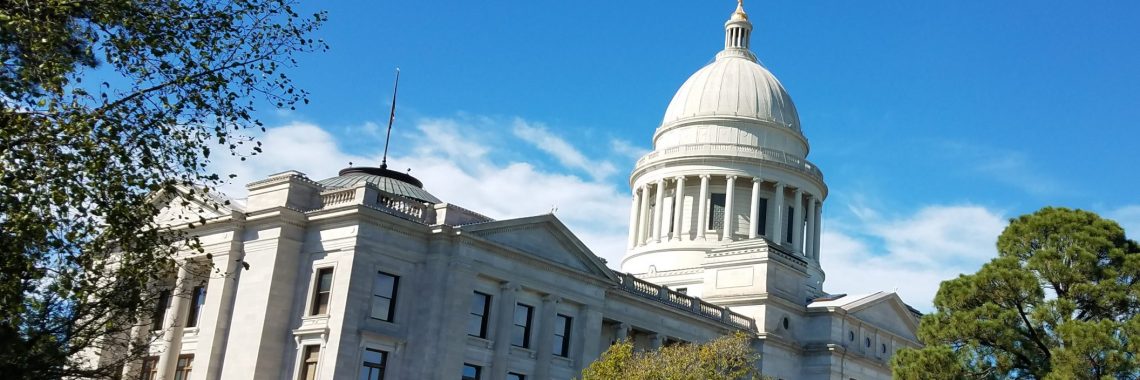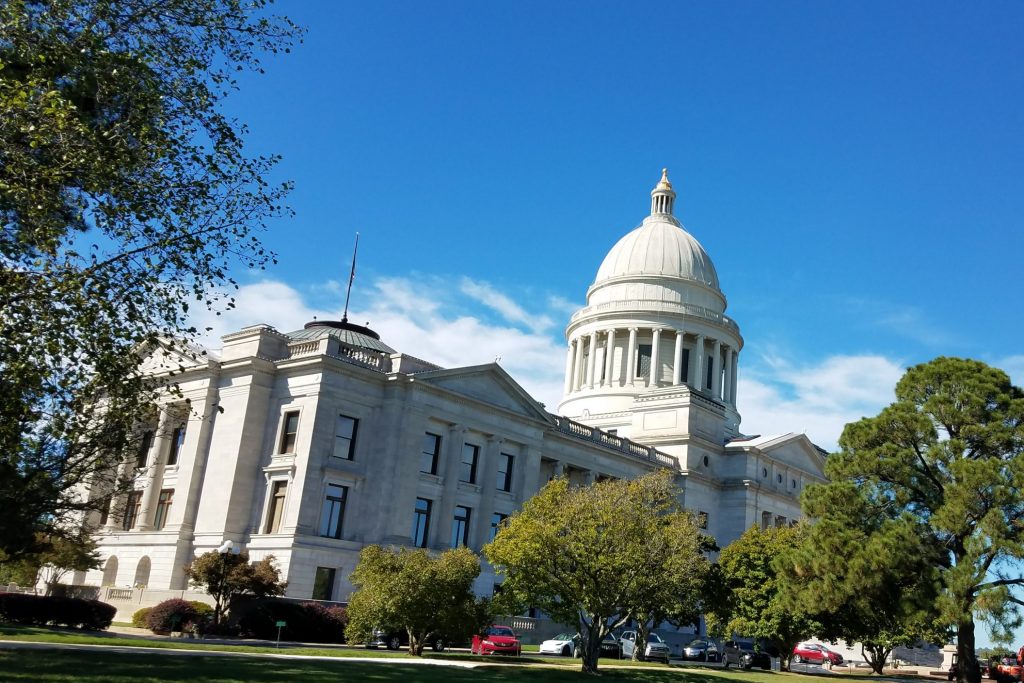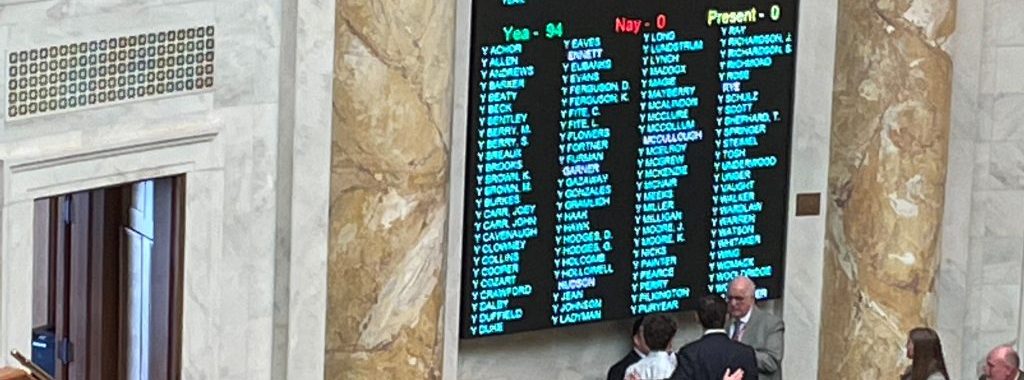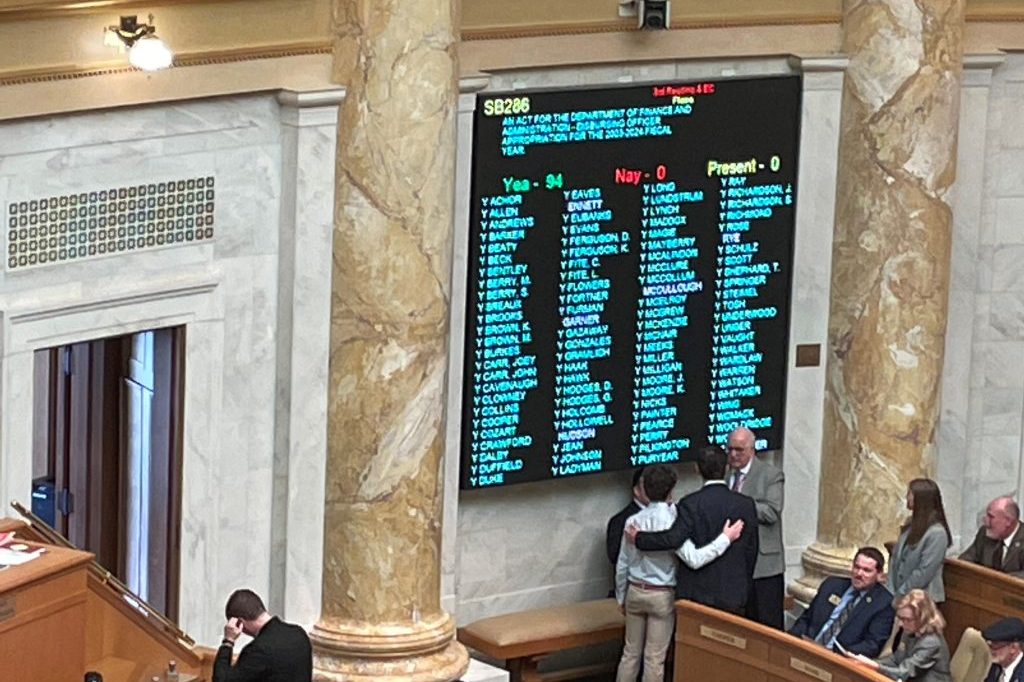Countries are Authorizing Euthanasia, Assisted Suicide for Young Adults Who Are Not Terminally Ill
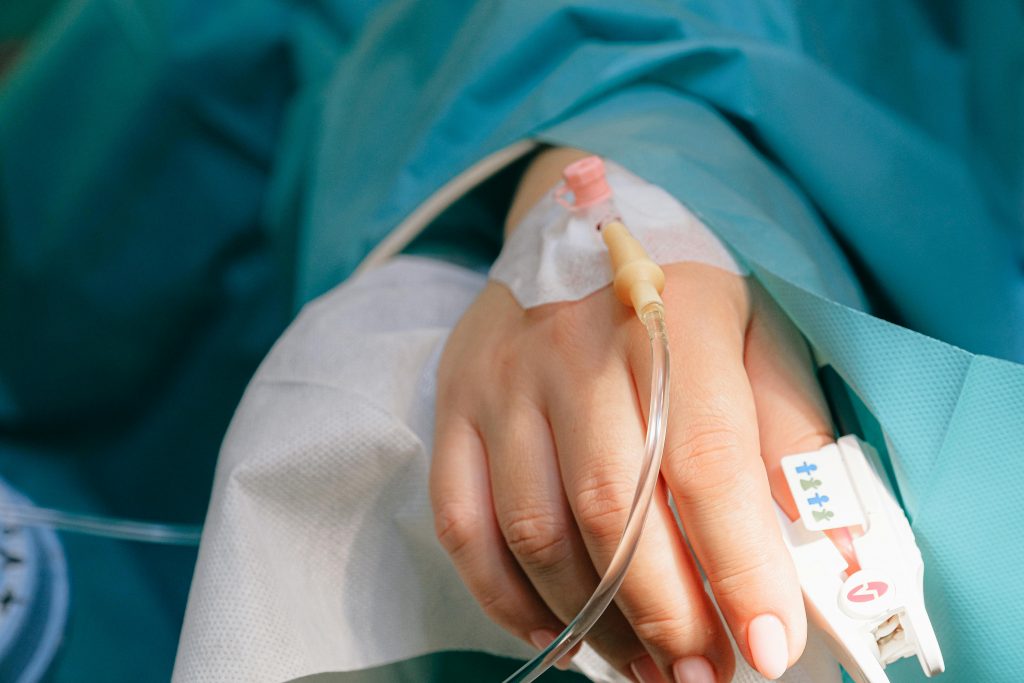
Recent headlines highlight how countries are authorizing assisted suicide and euthanasia for young adults who are not terminally ill.
For example, last month a judge authorized a 27-year-old woman in Canada to end her life under the country’s assisted suicide laws. The woman does not suffer from a terminal ailment. She simply has autism.
However, the Canadian court ruled that preventing her “medically assisted death [suicide]” would cause her to suffer “irreparable harm.”
In other words, the court ruled that for this woman with autism dying would somehow be less harmful than living.
In Netherlands, a 28-year-old Dutch woman was recently approved for euthanasia because she is “hobbled by her depression and autism and borderline personality disorder.”
In 2022 a staggering one out of every 20 deaths in Netherlands and one out of every 25 deaths in Canada were the result of the countries’ euthanasia and assisted suicide laws.
Healthcare professionals in Canada have even been told they have a professional obligation to mention assisted suicide to any patients considered “eligible.”
Last month Oregon — one of the first states to legalize assisted suicide — released its annual “Death With Dignity Act” reports for 2023.
The reports found that last year doctors in Oregon wrote 560 lethal prescriptions under the assisted suicide law.
Out of those 560 patients in Oregon, only three were referred for psychological or psychiatric evaluation.
It’s a sobering statistic, given that the overwhelming majority of these people told doctors that their chief end-of-life concerns were losing their autonomy or being less able to engage in activities they enjoyed.
Oregon passed a law last year letting non-residents end their lives under the state’s assisted-suicide law — meaning these numbers are liable to grow in the future.
Patients who are lonely, depressed, or feel like they are losing control over their lives need counseling and support — not a prescription for lethal drugs.
Assisted-suicide actually robs patients of compassionate care.
Being pro-life means believing human life is sacred from conception until natural death, and it means opposing the taking of human life without just cause.
That’s part of the reason why in Family Council helped defeat a very bad bill in 2019 to let doctors prescribe lethal drugs to patients in Arkansas and two bad pieces of end-of-life legislation in 2021. These were flawed pieces of legislation that fundamentally disrespected the sanctity of innocent human life.
Just like abortion, euthanasia and assisted-suicide are murder, and they violate the sanctity of human life.
Articles appearing on this website are written with the aid of Family Council’s researchers and writers.


